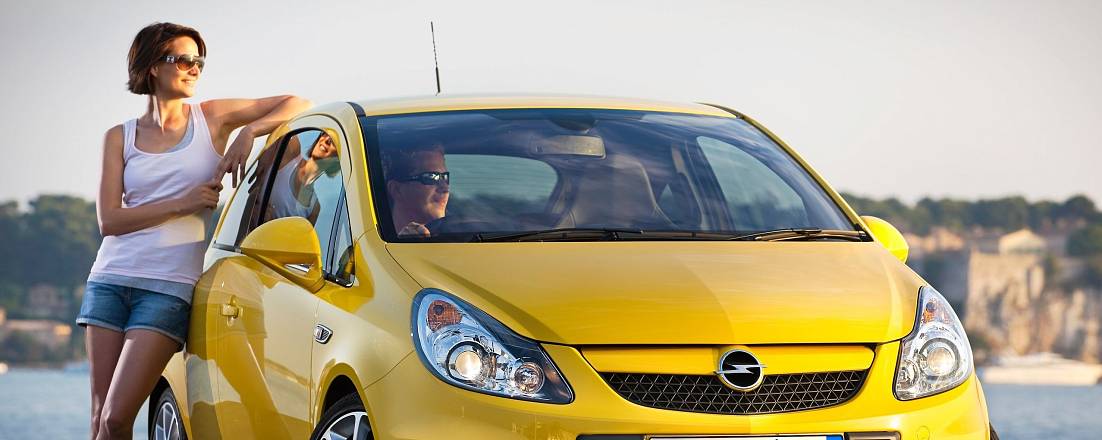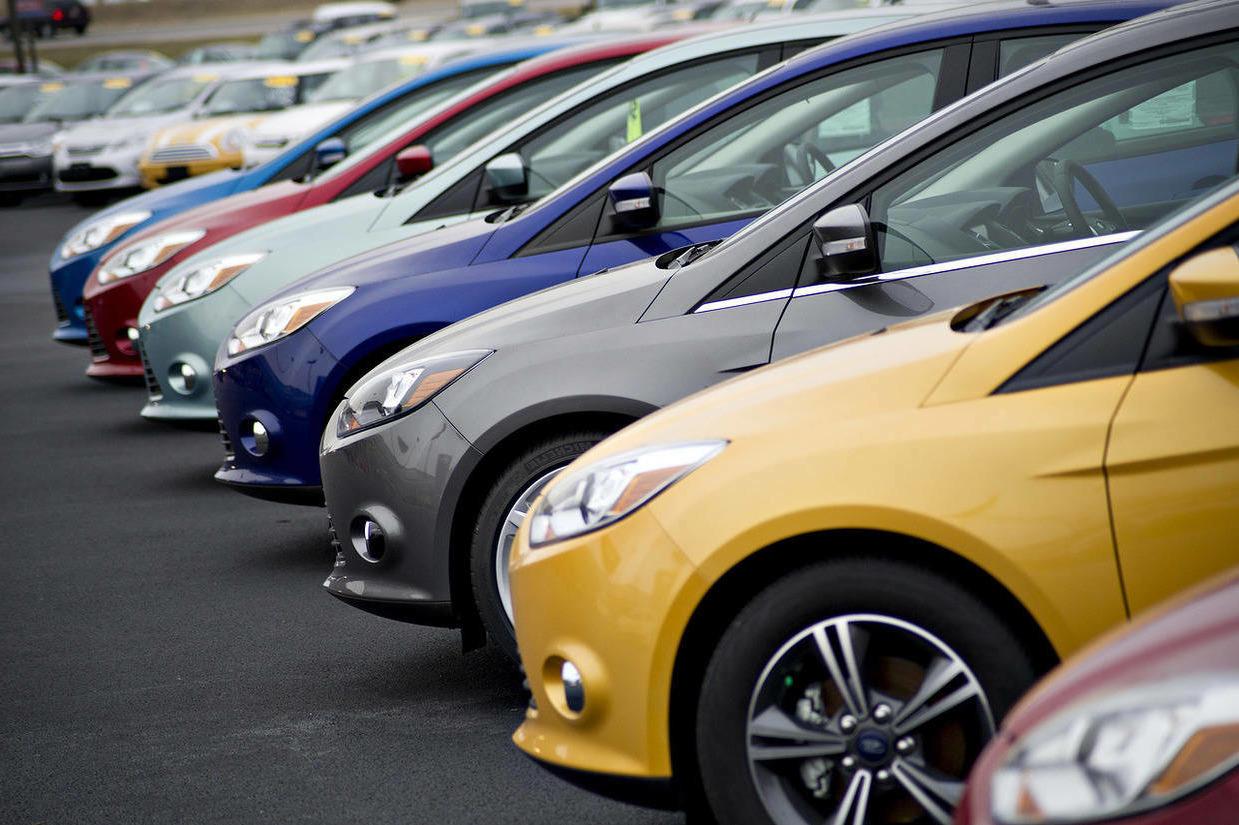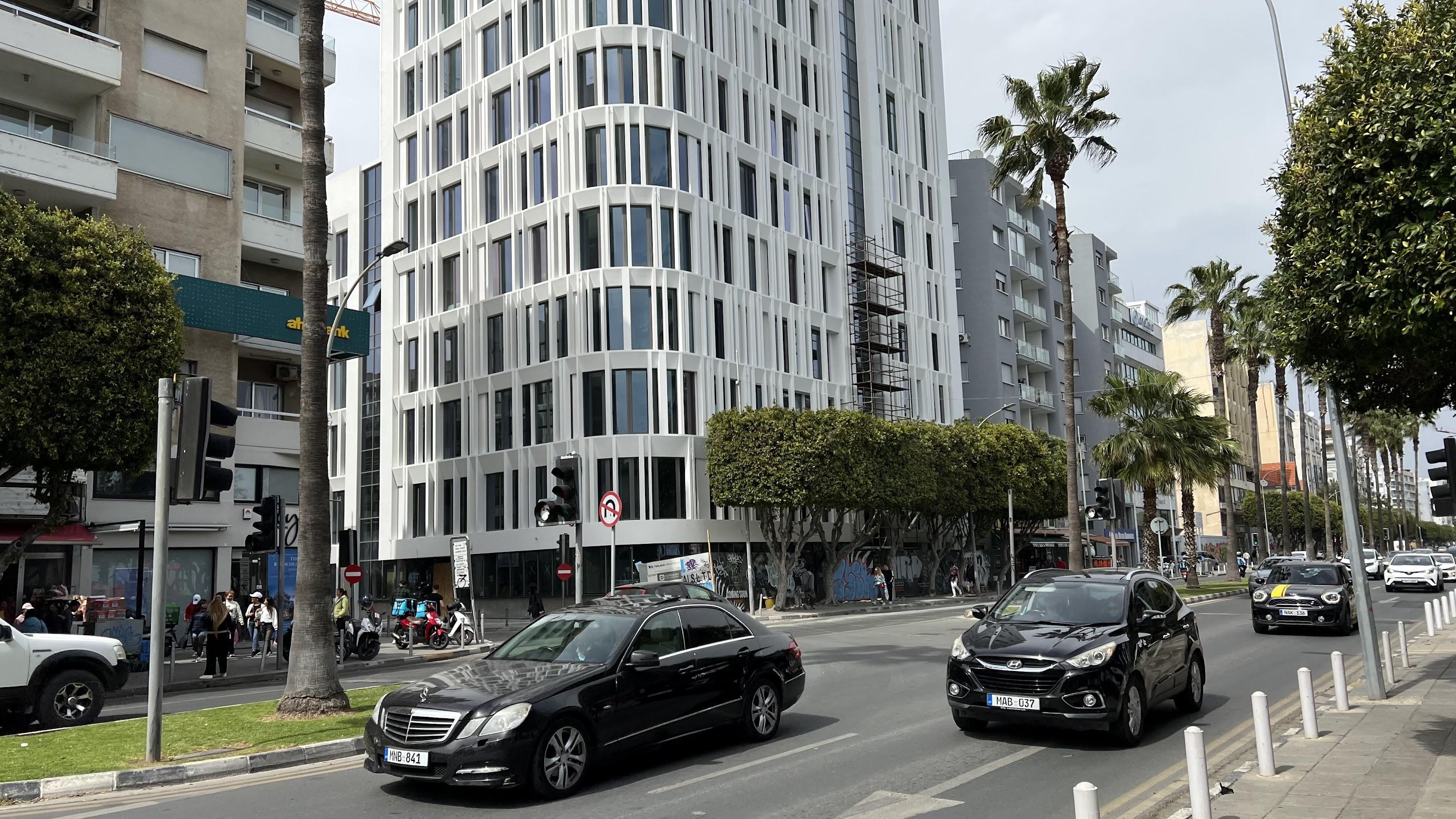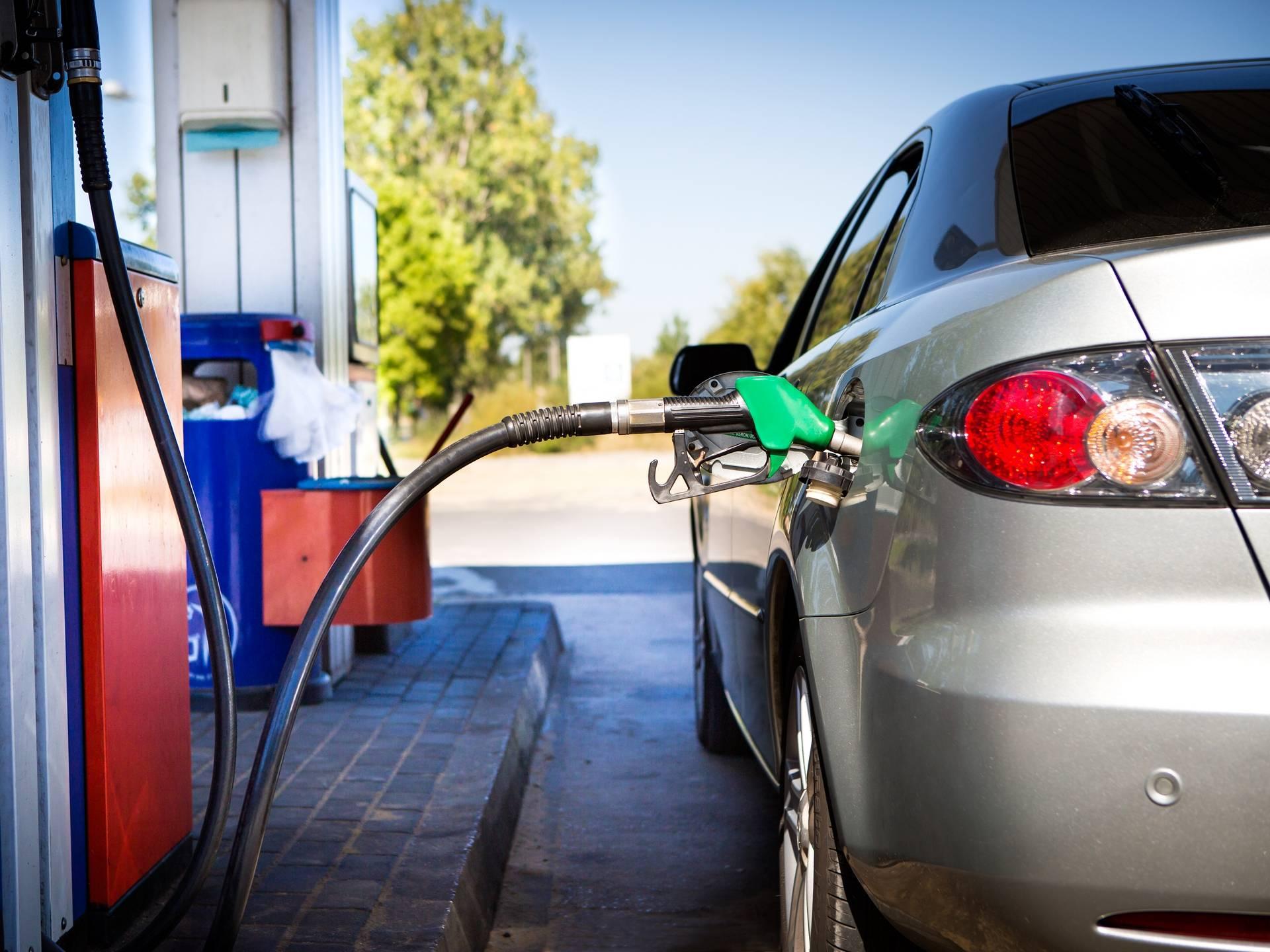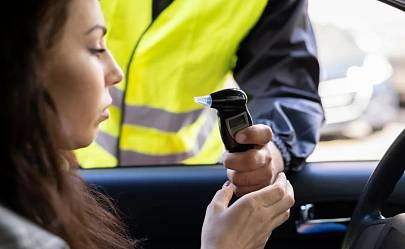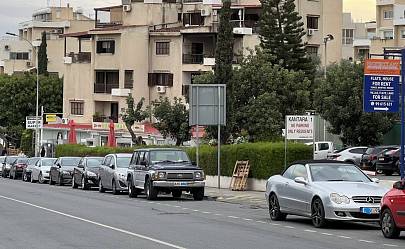Buying your first car is a complex and responsible process. For someone who has recently obtained a driver's license in Cyprus and is in the process of choosing, it can be challenging. Advertising banners are filled with attractive special offers from car dealerships, government programs offer special conditions for financing electric cars, and friends might even suggest buying a used car "to learn."
So, what should a novice driver in Cyprus pay attention to when choosing their first car? Let's discuss it below.
Expensive or Budget-Friendly
Before embarking on the choice of your first car, it's essential to determine your budget. For instance, if you have €40,000 at your disposal, should you buy your first means of transportation for such an amount? Of course, it all depends on your preferences. Yes, you can become the owner of a good new car for this money, but is there any sense in such a purchase?
You'll have to learn to drive on this car, acquire practical driving skills. Mistakes are inevitable, and it's fortunate if there are no visible traces left on the car's body after them. Typically, a couple of scratches and scuffs still find their way to the "learner's" car. And these are the best-case scenarios. Imagine trying to damage an expensive car with your own hands. It's not an easy decision. Another reason to consider is the cost of maintenance and repairs. Cars require money not only at the dealership but also during operation. You need to assess your capabilities and compare them with the average monthly or yearly maintenance costs of owning a car.
Safety First
Safety is a key criterion when buying your first car. It directly affects the health and life of a novice driver. Therefore, preference should be given to cars that are easy to handle. It's advisable to stay away from "driver's" models, such as Mini Cooper or BMW M3, which react too sharply to any turn of the steering wheel. On the other hand, a tight steering format like that of the Nissan Terrano can also be a significant drawback. It's better to find a middle ground in this matter.
To ensure safety in your first car, the following features are mandatory:
- Airbags
- Adaptive headlights
- Disc brake system
- Seatbelts with pre-tensioners
- Anti-lock braking system
The presence of these elements can save not only the car itself but also the driver who made a mistake while driving in a critical situation.
Car Size
Your first car should not be too bulky and heavy. Novice drivers often make the common mistake of buying massive crossovers and SUVs. They are attractive to beginners due to their all-wheel drive, good visibility, and robust bodies.
However, in practice, driving such behemoths is much more complicated than driving compact models. Beginners often struggle with the following tasks:
- Overtaking other cars on the highway
- Maneuvering in tight spaces
- Reversing
- Parking (you need to constantly evaluate the parking space dimensions from a distance to fit properly)
Bulky cars also create a deceptive illusion of safety, which often leads to accidents. To avoid these problems, it's better for novice drivers to opt for compact models like hatchbacks or liftbacks. They provide better road feel, making driving more comfortable and safer.
Type of Drive
Novices are better off choosing front-wheel-drive models. They offer several advantages:
- Lighter weight
- Easy handling
- Lower prices
Cars with front-wheel drive are much easier to maneuver on the roads, including wet ones, which is essential for Cyprus during the winter season. Such cars do not tend to skid due to the presence of many components in the front compartment, increasing traction with the road surface and preventing the car from losing its course.
Rear-wheel-drive cars are more suitable for experienced drivers who prefer dynamic driving. They accelerate and turn more effectively in confined spaces. However, it's important to note that rear-wheel-drive cars are heavier and more expensive. Additionally, they are more prone to skidding due to their enhanced maneuverability.
In conclusion, choosing your first car in Cyprus requires careful consideration of factors like your budget, safety features, car size, and type of drive. Prioritizing safety and ease of handling is essential, especially for novice drivers. Front-wheel-drive compact models often make the best choice for those learning to drive.
Petrol or Diesel?
For novice drivers, the optimal choice is a petrol engine. It is inexpensive to maintain and operates quietly. However, it's important to remember that such an engine wears out faster and requires more expenses for refueling. If the key criterion for purchasing a car is the engine's longevity, you can consider opting for diesel. Just keep in mind that diesel engines are noisier and produce constant vibrations during driving. All of this can pose challenges not only for beginners but also for experienced drivers.
Engine Power
In this regard, it's better to lean towards moderate parameters. Novice drivers who purchase cars with overly powerful engines often struggle with handling, especially at high speeds. This often leads to accidents.
However, buying cars that are too underpowered is not advisable either. On the roads, situations often arise where you need to overtake another vehicle, and it can be problematic and unsafe to do so at low speeds. Considering the factors mentioned above, novice drivers are better off with passenger cars having engine power in the range of 80-150 horsepower, while crossovers should be in the range of 120 to 200 horsepower.
Type of Transmission
Your first car should be as easy to handle as possible. Automatic transmission helps achieve this convenience. With an automatic transmission, novice drivers won't need to constantly divert their attention from the road to shift gears. It's the optimal choice for those who are just learning to drive on city roads. Moreover, it's important to remember that Cyprus follows left-hand traffic rules, making it inconvenient to shift gears with your left hand, especially for newly licensed drivers.
However, a manual transmission is better suited for experienced drivers, as it requires skillful clutch control when starting from a standstill. Even with knowledge and driving experience, a manual transmission can create stress, especially in slow-moving traffic.
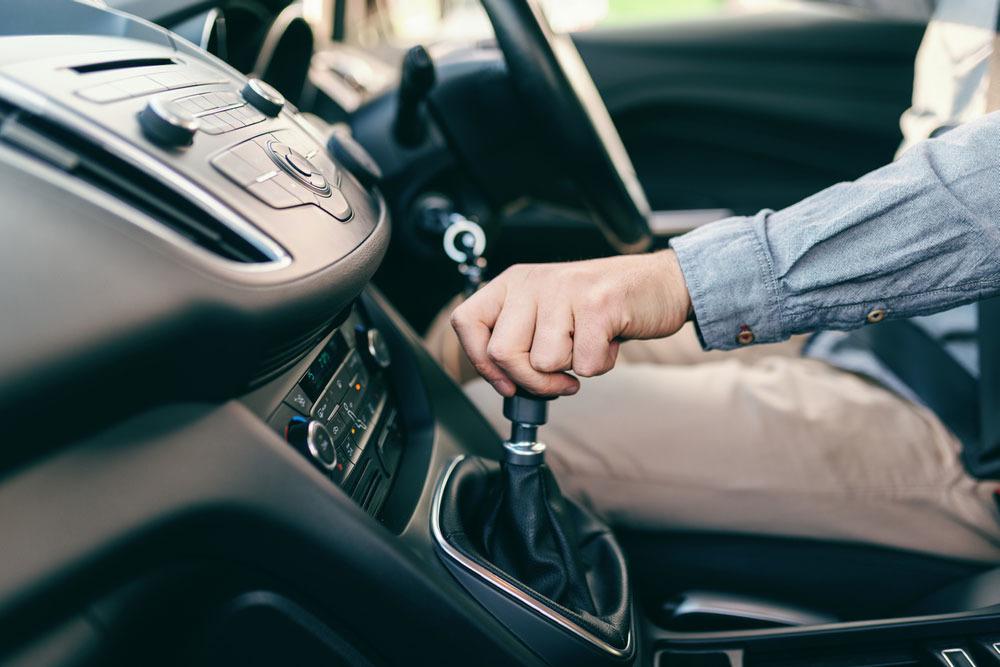
Car Color
The choice of color is a matter of personal preference. However, it's important to consider that vehicles in dark colors (black, brown, dark blue) are more likely to be involved in accidents, especially at night and in poor weather conditions. They can also become uncomfortably hot in the summer, reaching temperatures of 30-40 degrees Celsius, causing discomfort for the driver.
For your own safety and comfort, it's recommended to choose vehicles in white or bright colors. They are highly visible on the road in all weather conditions and times of day. Additionally, they reflect sunlight effectively.
In summary, your first car should be comfortable and safe. The optimal configuration includes front-wheel drive, an automatic transmission, and a moderately powered petrol engine. The vehicle should be compact and preferably in light colors to reduce the risk of accidents in poor visibility conditions on the road.
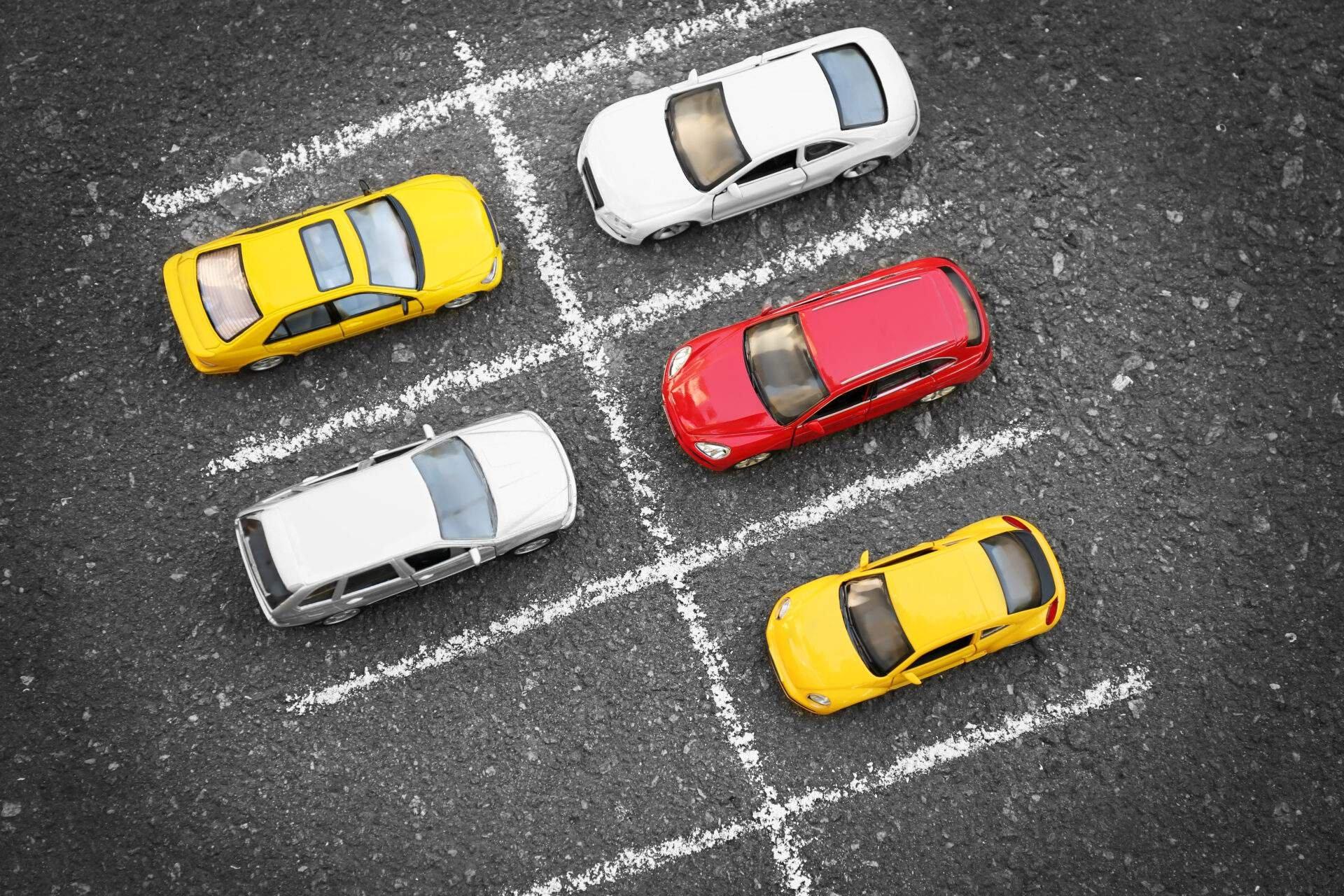
A wide selection of cars on the DOMCar portal.
Photos: pixabay.com

